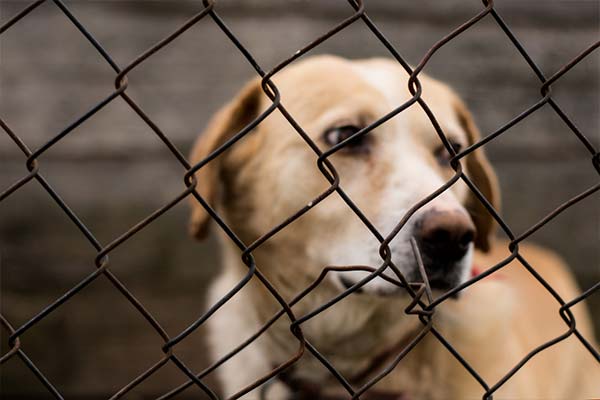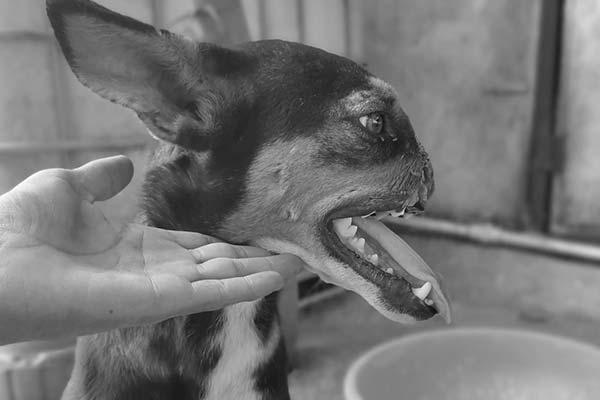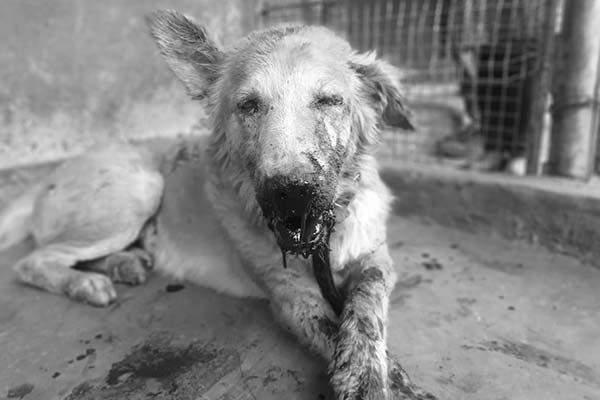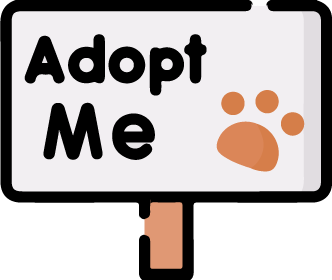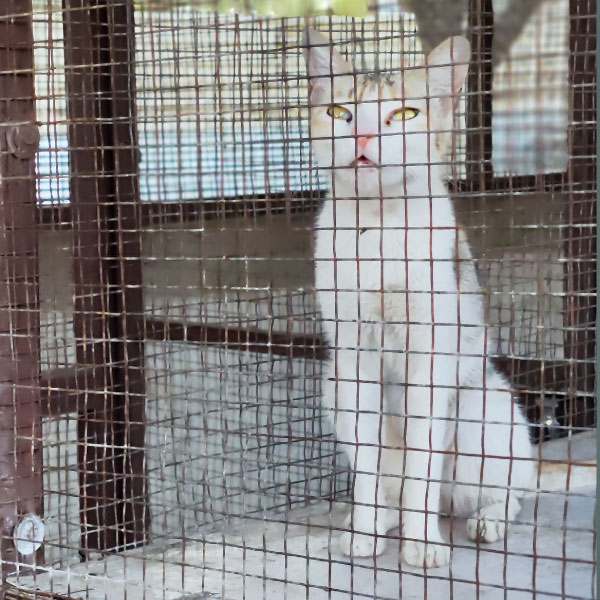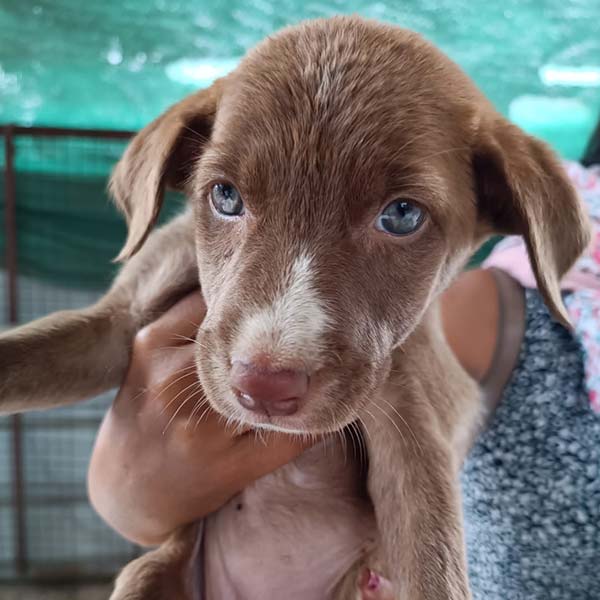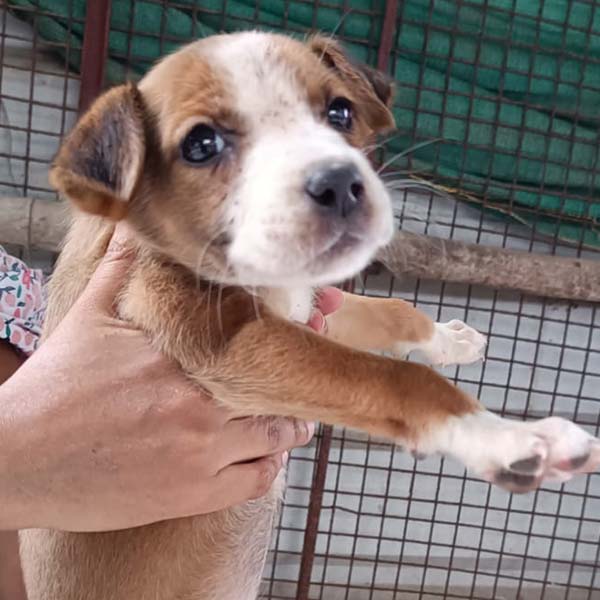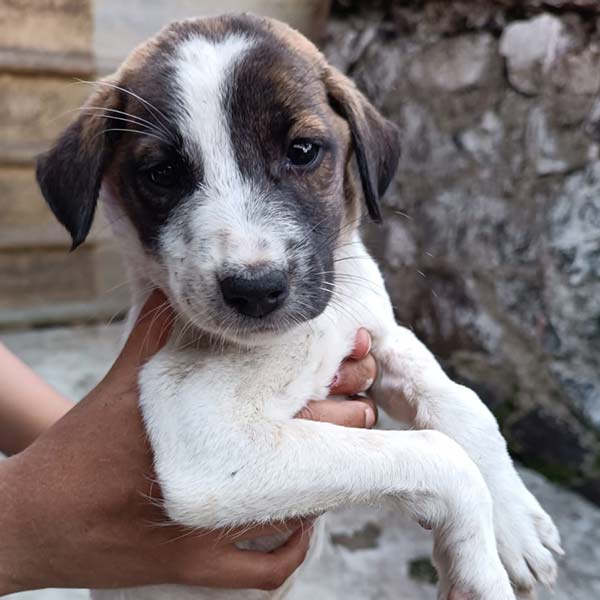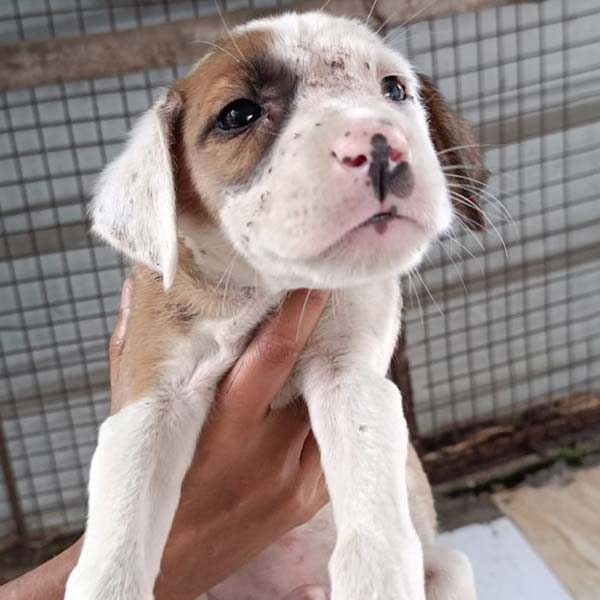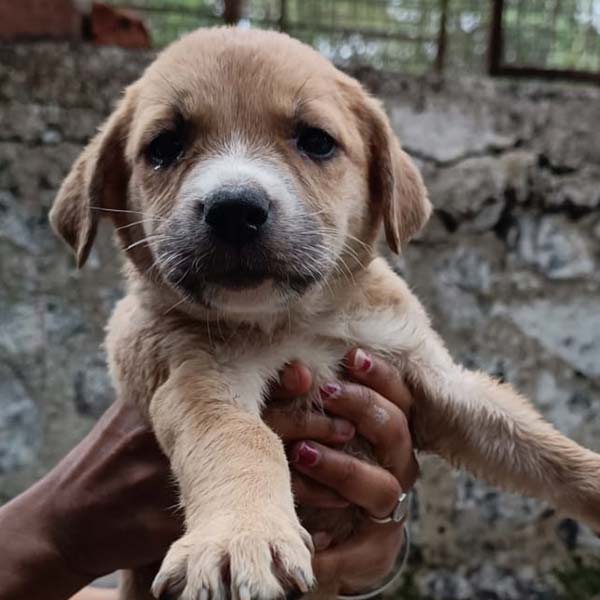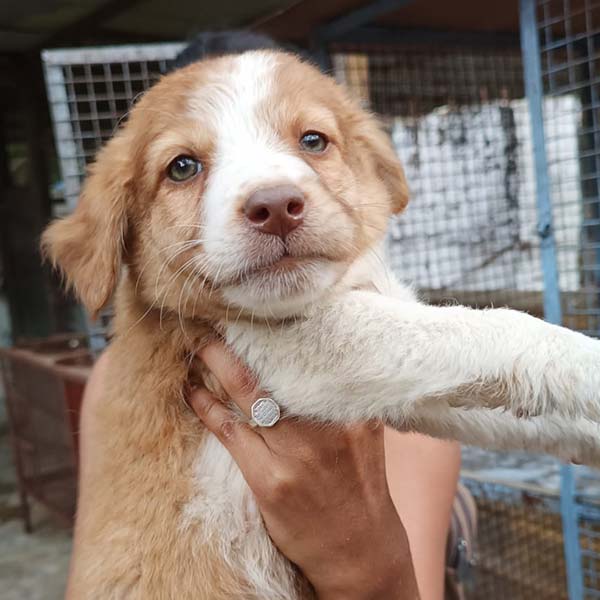About Sharan
Sharan for Animals: Promoting Compassionate Choices and Ecological Harmony
Sharan for Animals is a non-profit organization established in 2005, located in Nashik City and founded by Mrs. Sharanya Shetty. Our sole purpose has been the welfare of animals, both domestic and wildlife. Over the years, we have emerged as a leading entity in animal rescue and welfare, not only in Nashik District but also in surrounding areas.

Rehabilitation Animals
We welcome you to Sharan for Animals, where we devote ourselves to helping animals in distress. Our customized action plans for each creature under our care ensure that they obtain the appropriate mental and physical aid to recover and blossom. Come and help us give these creatures another opportunity to lead a healthier existence. We can make a significant impact if we collaborate to make a change.

Providing them with a chance to regain their health
At Sharan for Animals, it is important that all animals have a chance to recover. Our dedicated team provides comprehensive care that includes veterinary care, nutrition and emotional support. With your support, we can continue to transform their lives and help them find a better future. Please help us give animals the opportunity to heal and grow.

Preventing cases of animal abuse
Empowering people to detect and report abuse, Sharan for Animals is determined to wipe out animal cruelty and ensure a world where compassion reigns. It achieves this through a mix of awareness drives, community engagement, and education. In tandem with the authorities, we advocate for stricter laws that safeguard animal welfare. Our dream is to create a culture that values every animal. Be part of our goal to thwart abusive behavior and build a tomorrow that celebrates kindness and empathy.
What we do?

Rescue & Rehab
Rescuing animals from challenging situations, such as neglect, abuse, abandonment, or homelessness, and providing them with necessary care, training, and support to help them recover physically and emotionally.

Spay & Neuter
We spay/neuter shelter animals for overpopulation control, health benefits, behavioral improvements, and longer lifespan.

Adoptions & Release
Rescued animals, after healing, get adopted through our adoption camps. Some of them get released in their territorial areas, if they heal in a particular period of time.

Sanctuary for Disabled
Sharan For Animals has a particular section for disabled animals, that helps them to isolate and heal quicker.

Animal Cruelty Department
Upon receiving complaints regarding animal cruelty, Sharan For Animals checks up on the situation and takes appropriate actions according to the situation.

Rabies Vaccination Drive
Sharan For Animals conduct rabies vaccination camps for strays time to time for their well being.
Sponsor
By sponsoring animals for Sharan, you can make a meaningful difference in their lives. Your support provides vital resources, such as food, medical care, and shelter, ensuring these animals receive the love and attention they deserve. Become a sponsor today and help transform their journey towards a brighter future.
Report Animal Abuse or Cruelty
Our dream is to create a culture that values every animal. Be part of our goal to thwart abusive behavior and build a tomorrow that celebrates kindness and empathy.
Check our media
- All
- Dogs
- Cats
- Cattles
- Other Animals
Learn about Animals
At Sharan for Animals, we believe that learning about animals is essential for their well-being. Through engaging programs and resources, we aim to educate and inspire individuals of all ages. Join us in exploring the fascinating world of animals and creating a better future for them.
F.A.Q
Frequently asked question by visitors and pet owners.
-
What Is an Animal Shelter?
An animal shelter is a facility that provides temporary housing and care for stray, abandoned, or surrendered animals. Its primary goal is to provide a safe and nurturing environment for these animals until they can be adopted into permanent homes. Animal shelters may be run by government entities, nonprofit organizations, or private individuals.
-
Why dogs are overpopulated?
Dogs can become overpopulated for several reasons:
- Lack of Spaying and Neutering: Failure to spay or neuter dogs is one of the primary contributors to overpopulation. When dogs are not sterilized, they can reproduce, leading to litters of puppies that may not have suitable homes. This cycle continues, resulting in an increasing number of dogs without enough adoptive families to accommodate them.
- Irresponsible Breeding: Irresponsible breeding practices, such as backyard breeding or puppy mills, also contribute to dog overpopulation. These breeders often prioritize profit over the animals’ welfare, producing excessive numbers of puppies without proper planning or consideration of their long-term care.
- Stray or Abandoned Dogs: Dogs that are abandoned, lost, or allowed to roam freely can contribute to overpopulation. Without responsible ownership or proper containment, these dogs can reproduce and contribute to the population of stray or feral dogs.
- Lack of Awareness and Education: Some dog owners may not be fully aware of the importance of spaying and neutering or the consequences of uncontrolled breeding. Limited access to veterinary services, lack of education on responsible pet ownership, and cultural or socioeconomic factors can also contribute to the overpopulation of dogs.
- Insufficient Adoption and Rehoming Efforts: If there are not enough adoption opportunities or resources available to find homes for dogs in need, the population of homeless dogs can continue to grow. Limited awareness about adopting from shelters or rescue organizations, as well as misconceptions about shelter animals, can also contribute to the problem.
-
What research should be done before adopting a pet?
- Pet Selection: Research different pet species and breeds to find one that suits your lifestyle, living arrangements, and preferences. Consider factors such as size, energy level, exercise requirements, grooming needs, and temperament.
- Care Requirements: Learn about the basic care needs of the chosen pet, including feeding, exercise, grooming, and socialization. Understand the potential health issues associated with the breed or species and the necessary preventive measures.
- Time Commitment: Assess the time you can dedicate to your pet's care. Some animals require more attention and exercise than others. Determine if your daily schedule allows for feeding, exercise, training, and playtime.
- Financial Considerations: Research the costs associated with owning a pet, including adoption fees, food, grooming, veterinary care, vaccinations, spaying/neutering, supplies, and potential emergencies. Ensure you can comfortably afford these expenses.
- Training and Socialization: Learn about the training and socialization needs of the pet you plan to adopt. Research training methods, potential behavior issues, and how to address them effectively. Understand the importance of early socialization, especially for puppies and kittens.
- Living Arrangements: If you rent your home or live in a community with specific pet regulations, research any restrictions or requirements related to pet ownership. Ensure that your living environment is suitable and safe for the chosen pet.
- Lifestyle Compatibility: Consider how a pet will fit into your lifestyle. Evaluate factors such as your work schedule, travel plans, and the availability of pet-friendly facilities in your area. Determine if you have the time, energy, and resources to provide a happy and healthy life for the pet.
- Adoption Process: Research local animal shelters, rescue organizations, or reputable breeders. Understand their adoption procedures, fees, and any specific requirements they may have. Prepare yourself for the adoption process, including completing the necessary paperwork and meeting adoption criteria.
- Family Considerations: If you have a family, ensure that everyone is on board with adopting a pet and discuss responsibilities and expectations. Consider the needs and safety of children and other pets already in the household.
- Long-Term Commitment: Understand that owning a pet is a long-term commitment. Research the average lifespan of the chosen pet and consider how your life may change over time. Ensure that you are ready to provide care and love throughout the pet's life.
-
Why we shouldn't support illegal breeding?
- Animal Welfare: Illegal breeding operations, often referred to as "backyard breeders" or "puppy mills," tend to prioritize profit over the well-being of animals. These breeders often keep animals in overcrowded and unsanitary conditions, leading to poor health, neglect, and abuse. The breeding animals are often subjected to continuous breeding cycles without proper veterinary care, resulting in various health problems for both the parents and their offspring.
- Health Issues: Irresponsible breeding practices can lead to the propagation of genetic disorders and health issues in the offspring. Illegal breeders may not conduct proper health screenings or genetic testing, increasing the likelihood of passing on hereditary diseases or conditions to the puppies or kittens. These health issues can result in suffering and costly veterinary bills for the new owners.
- Overpopulation: Supporting illegal breeding exacerbates the problem of pet overpopulation. Millions of animals are already euthanized or left homeless in shelters due to a lack of available homes. By discouraging illegal breeding and promoting responsible pet ownership, we can help reduce the number of animals that end up in shelters or on the streets.
- Lack of Regulation: Illegal breeders operate outside the bounds of regulatory authorities, which means they often evade inspections and standards that legitimate breeders must adhere to. These breeders may not provide proper care, nutrition, or socialization for the animals, leading to long-term physical and behavioral issues.
- Financial Support: Supporting illegal breeding financially incentivizes the continuation of these operations. By purchasing animals from illegal breeders, individuals contribute to the profitability of an industry that disregards animal welfare and perpetuates suffering.
Contact
Safe haven for animals in need. Providing second chances at life with compassion and love, we heal wounds and dedicate ourselves to their well-being. Join us to create a better future for these precious beings and make a lasting impact together.
Our Address
Mumbai - Agra National Highway,
next to Nehru Garden, Nashik - 10
Email Us
sharanforanimals@gmail.com
sharanforanimals@gmail.com
Call Us
+91 9404702436,
9422292436

